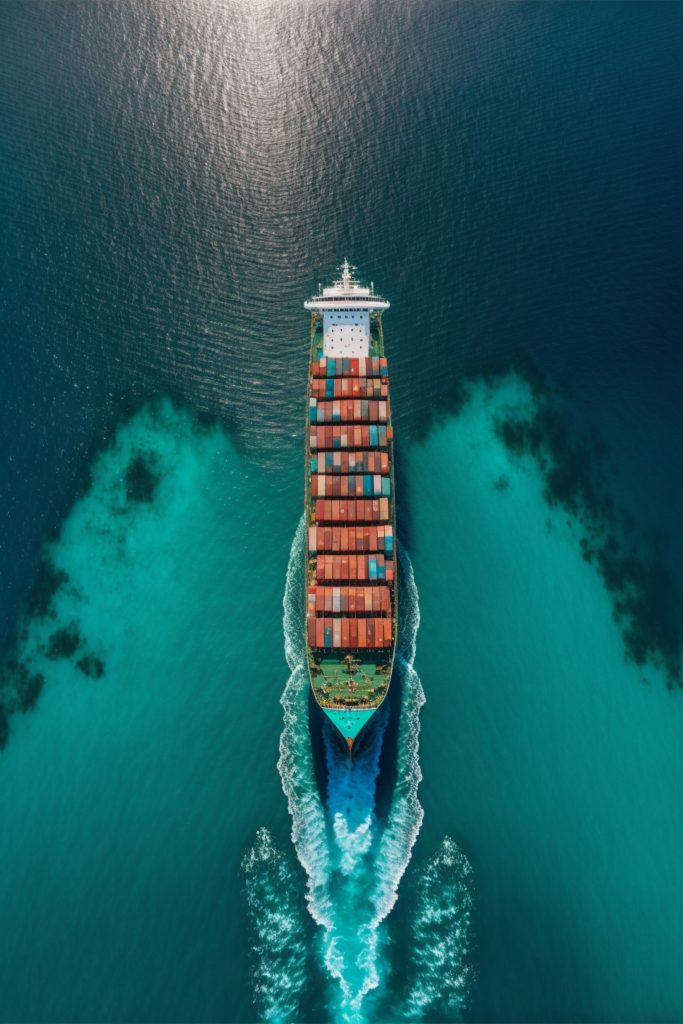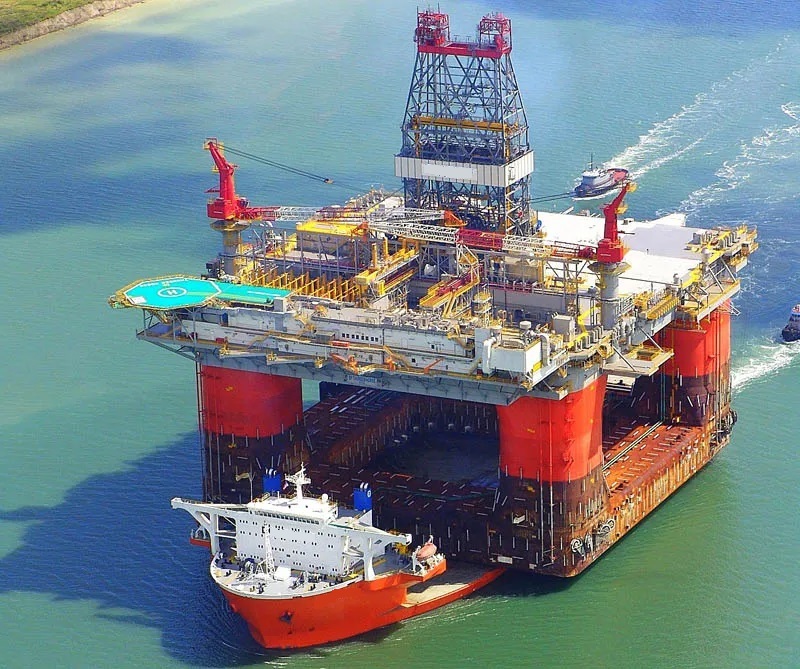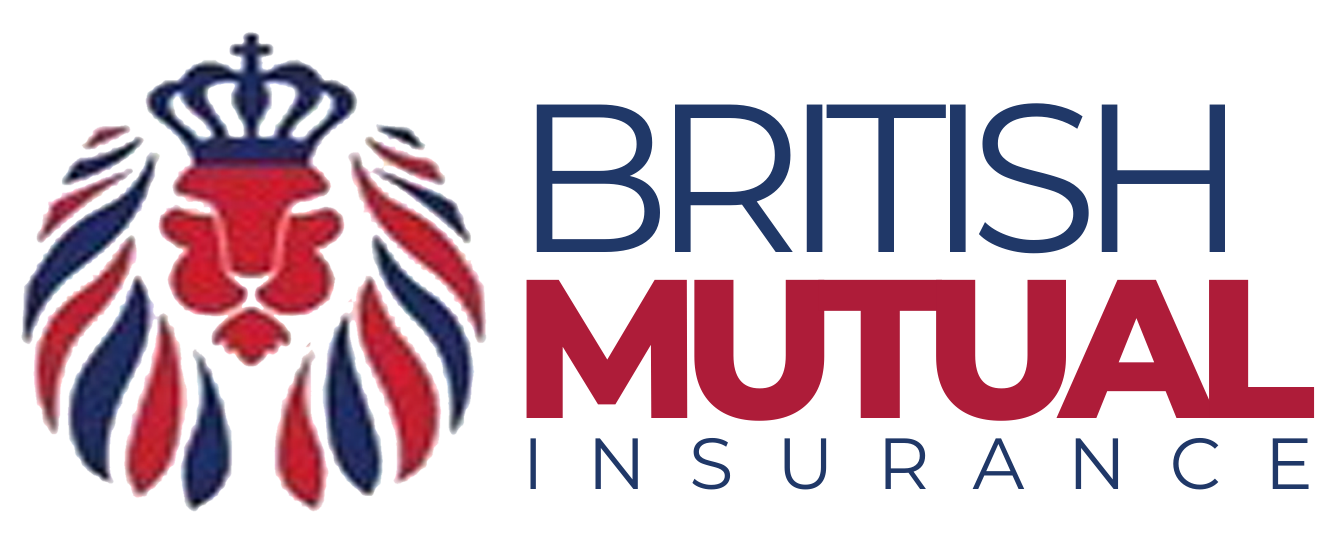Charterer’s Liability

Charterer’s Liability Insurance is essential for companies chartering vessels (time, voyage, or bareboat charterers) to protect against legal and financial risks arising from their charter agreements. As a charterer, you are exposed to various liabilities that could result in significant financial loss if not properly insured. Here’s why this type of insurance is vital:
1. Protection Against Third-Party Liabilities
As a charterer, you may be held responsible for damages to third parties resulting from the vessel’s operation, such as:
- Pollution Incidents: Oil spills or environmental damage caused by the vessel.
- Cargo Damage or Loss: Claims from cargo owners for damage, contamination, or loss during transit.
- Injury or Death: Claims related to injury or death of crew, passengers, or other third parties.
Charterer’s Liability Insurance covers these liabilities, protecting your business from unexpected claims.
2. Coverage for Damage to the Vessel
If the vessel you’ve chartered is damaged during your charter, you could be held liable. Examples include:
- Structural Damage: Caused by improper loading/unloading or grounding.
- Machinery Damage: Resulting from misuse or poor-quality bunkers supplied by the charterer.
This insurance provides coverage for repair costs, ensuring you’re not personally liable for vessel damages.
3. Compliance with Charter Party Obligations
Charter agreements often include clauses requiring charterers to:
- Indemnify the shipowner for certain liabilities.
- Provide insurance for specific risks, such as pollution or cargo claims.
Charterer’s Liability Insurance ensures compliance with these terms, reducing the risk of disputes or breaches of contract.

4. Coverage for Bunker and Fuel Disputes
As a charterer, you’re typically responsible for supplying bunkers (fuel). Disputes can arise over:
- Fuel quality or contamination, leading to machinery damage.
- Quantity discrepancies resulting in claims from shipowners.
This insurance protects you against financial losses from such disputes.
5. Mitigation of Financial Exposure
Maritime claims can be complex and expensive, involving high legal and settlement costs. Examples of significant expenses include:
- Salvage operations following a collision.
- Fines or penalties for environmental violations.
- Legal fees for resolving disputes.
Charterer’s Liability Insurance covers these costs, safeguarding your financial stability.
6. Coverage in High-Risk Areas
Operating in piracy-prone regions, conflict zones, or areas with strict environmental regulations increases your exposure to risks. Charterer’s Liability Insurance can be tailored to include additional protection for such high-risk areas.
7. Enhanced Reputation and Trust
Having adequate liability insurance demonstrates professionalism and financial responsibility. This can strengthen your reputation with shipowners, cargo owners, and business partners, fostering trust and long-term relationships.
8. Complementary to Other Marine Insurance Policies
While Hull & Machinery Insurance protects the vessel itself, and Protection & Indemnity (P&I) Insurance focuses on shipowner liabilities, Charterer’s Liability Insurance addresses the unique risks faced by charterers. This ensures comprehensive coverage across all operational aspects.
Examples of Covered Scenarios
- Cargo Contamination: A chemical tanker’s cargo is contaminated due to improper cleaning of tanks. The cargo owner sues the charterer for damages.
- Pollution Incident: A bunker spill occurs during refueling, leading to environmental claims.
- Grounding Incident: A vessel grounds due to improper navigational instructions provided by the charterer.
- Port Damage: A vessel damages a berth during docking. The port authority holds the charterer liable.
Who Needs Charterer’s Liability Insurance?
- Time Charterers: Responsible for hiring vessels for a specific period and managing their operations.
- Voyage Charterers: Hiring vessels for single voyages, particularly for high-value or sensitive cargo.
- Bareboat Charterers: Leasing vessels without crew, taking full operational responsibility.
Conclusion
Charterer’s Liability Insurance is crucial for mitigating the risks and liabilities inherent in chartering vessels. Without it, you could face substantial financial exposure from claims, disputes, or damages. This insurance not only protects your business but also ensures compliance with contractual and regulatory obligations, allowing you to operate confidently and efficiently in the maritime industry.
Secure your liabilities today and charter with peace of mind!

